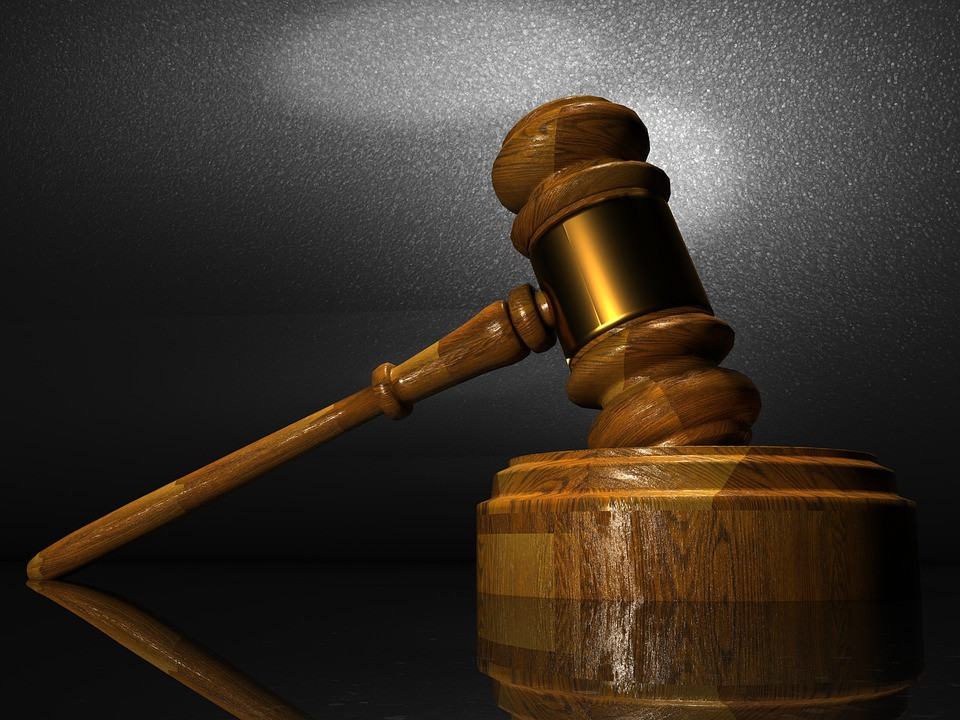Q: I filed a police report about my stolen vehicle, and gave the names of people who I thought were involved. One of them was arrested. The district attorney chose not to prosecute, and he is now suing me for defamation. I told the cops what I thought. Isn’t that protected?
A.M., Torrance
A: My guess is you have an attorney, and if so, he or she no doubt has told you about the Anti-Slapp statute. The law allows you to promptly require the party suing for defamation to demonstrate that the claim has actual merit. If they are unable to convince the court, then the case may be dismissed and, in addition, you may be awarded attorney fees. The rationale for the Anti-Slapp statute is that courts do not want to chill the exercise of speech, press, assembly, petition or rights of association.
That’s the good news. The uncertain aspect for you (at least at present) is that reports to governmental agencies (such as law enforcement) were immunized from liability for many years. Since January 2021, however, a report to law enforcement is not wholly privileged if it is a false report, made with knowledge the report is false, or made with reckless disregard for the truth or falsity thereof. Bottom line, then, when you made the report, presumably you can demonstrate it was in good faith, and done with the belief your information was helpful.
With the recent law change related to police reports, it is not yet clear how that will impact an Anti-Slapp motion. Still, you should certainly give serious consideration to timely filing an Anti-Slapp motion. There are considerations about when to file, and what to argue, so if you do not have counsel, my thought is promptly find your way to a qualified lawyer.
Q: My neighbor is irrational. He has yelled that he is going to file a police report against me because I am engaged in illicit drug dealing. In reality, I am a high school teacher, do not do drugs, don’t have any illegal drugs and certainly do not engage in drug dealing. Should…
Read the full article here







